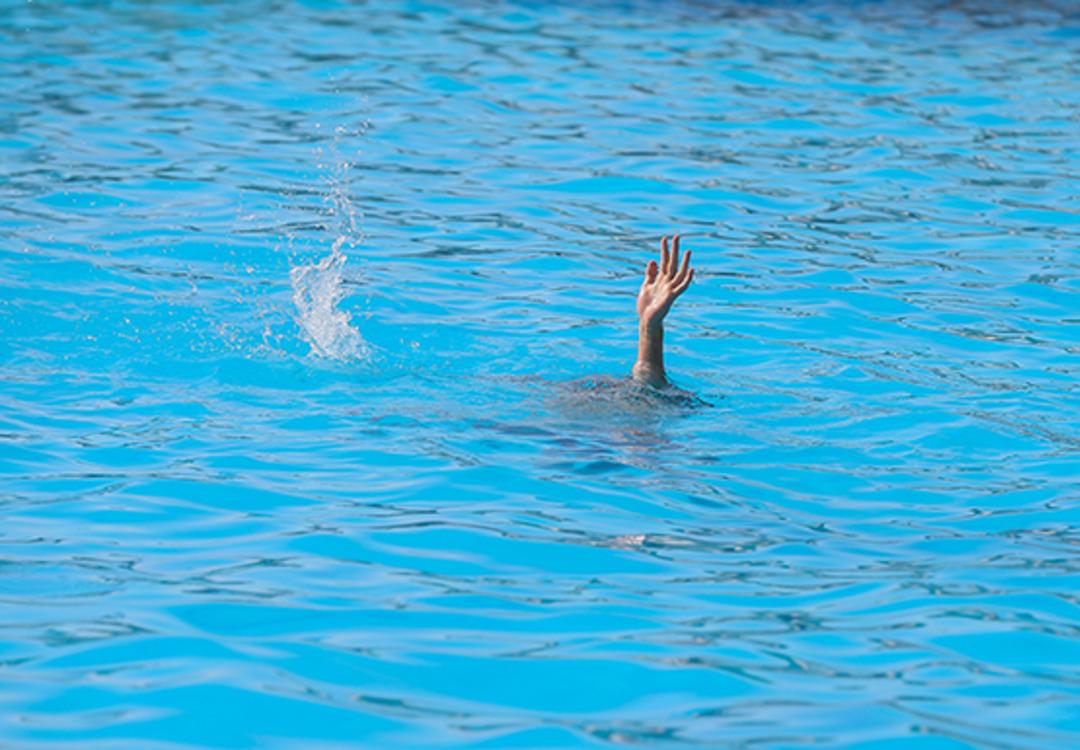600-1000 people die from drowning! Some people who survive drowning suffer permanent damage! Experts warn of the danger...

With the arrival of summer, drowning cases begin to occur in our country, and according to the World Health Organization (WHO), an average of 230 thousand people lose their lives by drowning every year worldwide. In Turkey, it is recorded that an average of 600 to 1 thousand people lose their lives by drowning every year, and people between the ages of 1-24 are the age group with the highest risk of drowning.
While it is stated that this number causes more loss of life than even natural disasters, more than 70 percent of drownings occur in the summer months, especially during holiday periods. Karadeniz Technical University (KTÜ) Farabi Hospital Chest Diseases Department Dr. Lecturer Olcay Ayçiçek, who made warnings on the subject, said that citizens should swim in safe places.

Ayçiçek, who drew attention to the fact that 600 to 1,000 people die each year due to drowning in our country, said, "We observe an increase in drowning cases during the summer season and during religious holidays. Therefore, our citizens need to be careful about this issue. Drowning is defined as the situation that develops as a result of being suffocated after being submerged in water. According to the World Health Organization (WHO), it is the third most common cause of preventable deaths worldwide. According to the WHO, an average of 230,000 people lose their lives by drowning in water every year worldwide. In Türkiye, an average of 600 to 1,000 people lose their lives by drowning in water every year. This is a serious rate. In this respect, it is very important for our citizens to enter the sea especially in safe places and to prefer beaches with lifeguard service."

Ayçiçek, who pointed out that the duration of being under water can cause permanent damage to a person, explained the effects seen during or immediately after the drowning incident as follows:
"Breathlessness (Hypoxia): When a drowning person is submerged in water, they cannot breathe and soon begin to experience oxygen deficiency. This situation is very dangerous because the brain begins to be damaged after 4-6 minutes without oxygen.
Loss of consciousness: A person may faint if they remain underwater for several minutes. Loss of consciousness can lead to permanent damage if intervention is delayed.
Cardiac arrest: The inability to breathe can cause the heart to stop beating. In this case, emergency intervention (CPR) is life-saving."

Ayçiçek also explained the long-term damage: "Some people who survive drowning may experience long-term health problems after the incident:
Brain Damage: If the period of time without oxygen is long, even if the person survives, there may be permanent damage to the brain. This can lead to problems such as memory loss, speech impairment, and lack of attention.
Movement Disorders: If the nervous system is damaged, the person may have difficulty with functions such as walking and hand-arm movements.
Psychological Effects: People who are in danger of drowning may develop trauma, fear of water (hydrophobia), panic attacks or stress disorders. This can negatively affect the person's quality of life.
Lung Problems: Some people may develop respiratory infections such as pneumonia (aspiration pneumonia) after the incident.

Providing information on precautions to be taken in drowning cases, Ayçiçek said, "The person who will help the drowning person must first take their own safety under control. After the patient is safely taken to shore, 112 should be called immediately. It should be checked whether the patient is breathing and whether they are unconscious. Turn their head to the side, do not try to make them vomit. Observe their breathing control, if they lose consciousness again, call 112 again. If the patient is unconscious and not breathing, heart and respiratory massage should be performed as quickly as possible. This should also be done by trained people."

(İHA) This content was published by Sedef Karatay
mynet




